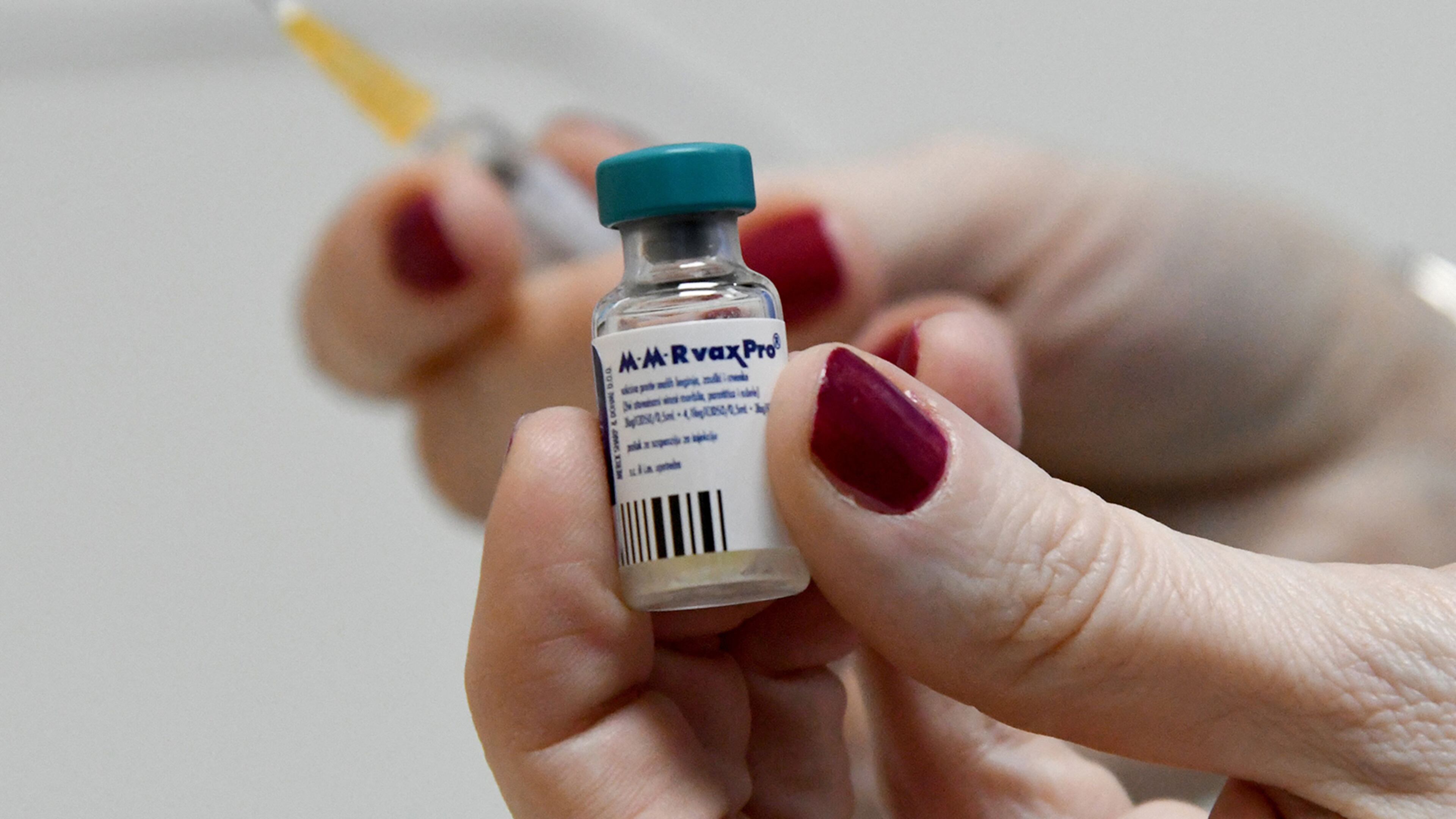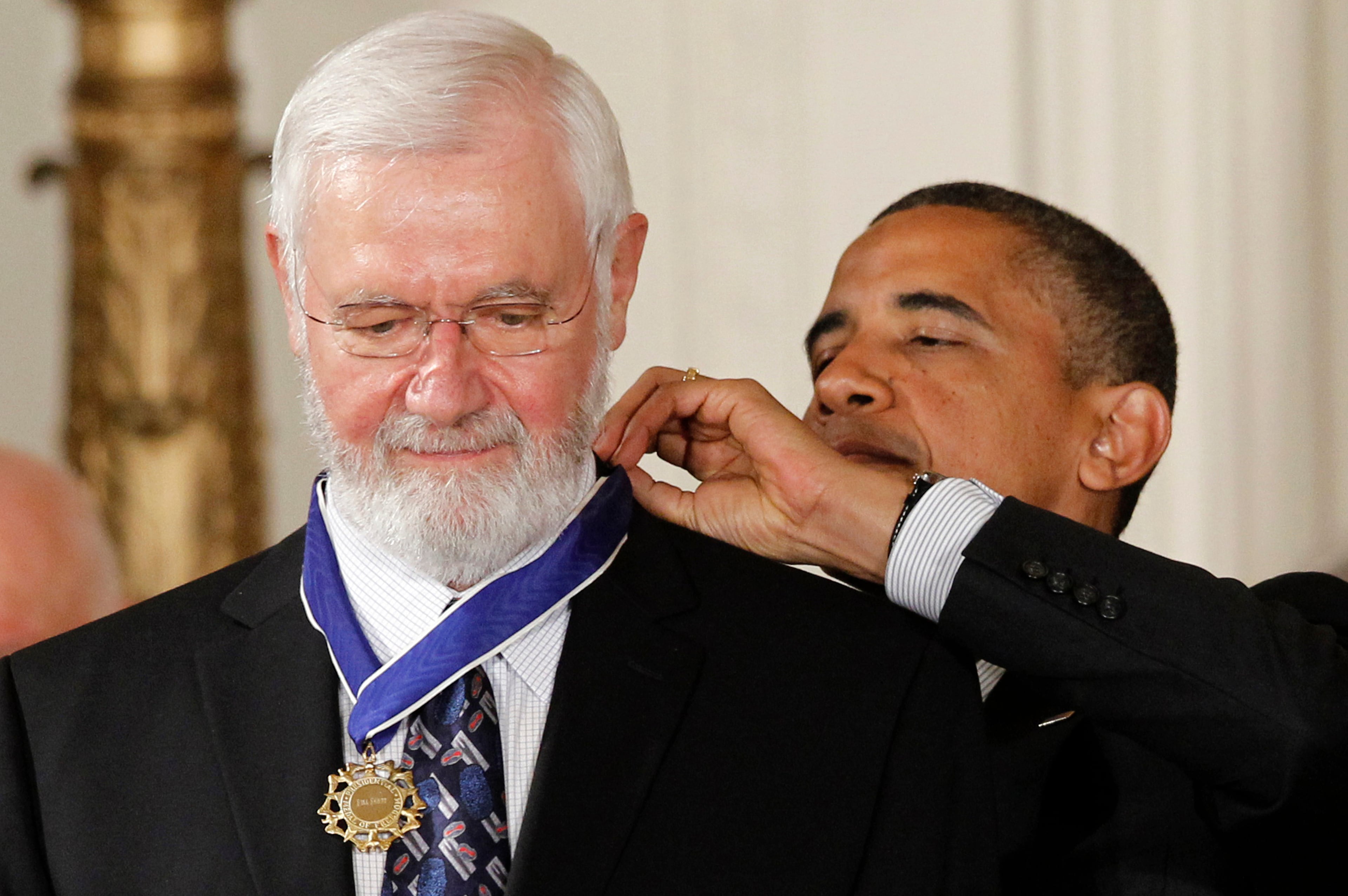Georgia health department reports measles case in metro Atlanta

The Georgia Department of Public Health confirmed a case of measles in an unvaccinated resident of the metro Atlanta area Thursday.
The person was exposed to measles while traveling out of the country. DPH is working to identify anyone who may have had contact with this person while he or she was infectious. DPH spokeswoman Nancy Nydam said, “There is always the possibility of more cases if any of those contacts aren’t vaccinated. This individual was not vaccinated. This case was reported to us by the individual’s medical provider.”
It is the first measles case in the state since 2020.
Measles is highly contagious and spreads through the air when an infected person coughs or sneezes. Measles virus can stay in the air or on surfaces for up to two hours after an infected person has left the room.
Measles symptoms appear 7 to 14 days after contact with the virus and typically include high fever, cough, runny nose, and watery eyes. Then a rash of tiny, red spots breaks out. It starts at the head and spreads to the rest of the body.
Measles is so contagious that if one person has it, up to 90% of the people close to that person who are not immune will also become infected, according to the Centers for Disease Control and Prevention. But the MMR (measles, mumps, rubella) vaccine, which is traditionally given to children, is very effective and can prevent illness.
The CDC recommends children receive their first dose of MMR vaccine between 12 to 15 months of age and a second dose between 4-6 years old.
About 95% of the people who receive a single dose of MMR will develop immunity to all three viruses. A second dose boosts immunity, typically enhancing protection to 98%.
People with symptoms of measles should contact their health care provider immediately. They should not go directly to a doctor’s office or hospital without calling first to discuss symptoms and precautions to avoid spreading the illness to others.
Virginia Health officials said Saturday that a person passing through D.C.-area airports in early January after returning from international travel has come down with measles, warning that others may have been exposed to the disease, according to the Washington Post.
The Virginia Department of Health urged unvaccinated travelers who were at Dulles International Airport from 4 to 8 p.m. on Jan. 3 to be on the lookout for signs of measles. Health officials also issued a warning for people who were at Reagan National Airport between 2:30 and 6:30 p.m. on Jan. 4. Officials said they were working to contact those who were near the person in the terminals and on flights, according to The Post.
Nydam told The Atlanta Journal-Constitution that the local person recovering from measles was not infectious until after their international travel and has no connections to the traveler passing through the D.C. area.

In 2019, a measles outbreak that grew to 11 cases in Cobb County was contained. Health officials traced the likely source of the outbreak to a Cobb family that had visited Florida. Members of the family — all of whom were unvaccinated — likely became infected during their travel out of state, according to state health officials.
The illnesses were never reported to Georgia health officials, who only learned the family’s diagnoses in the course of their investigation.
Relatively high immunization rates and strong surveillance helped to contain the outbreak, according to Walter Orenstein, associate director of the Emory Vaccine Center and professor of medicine at the Emory University School of Medicine. He praised state and local health officials for their response to the 2019 outbreak.
During that outbreak, health workers called those in quarantine every day to check on their health status and to remind them to stay at home during the quarantine period.
Most people in the U.S. are vaccinated for measles but the rate has been slipping since the pandemic began. In Georgia, it is estimated 88.2%, of young children have received at least one dose of the recommended vaccination for measles, mumps and rubella, according to the American Academy of Pediatrics, down from 93.6% in 2019.
The CDC estimates 90.8% of young children in the U.S. have gotten at least one dose of the vaccine.
For more information about measles, log on to https://dph.georgia.gov/epidemiology/acute-disease-epidemiology/vaccine-preventable-diseases/measles or https://www.cdc.gov/measles/index.html.


